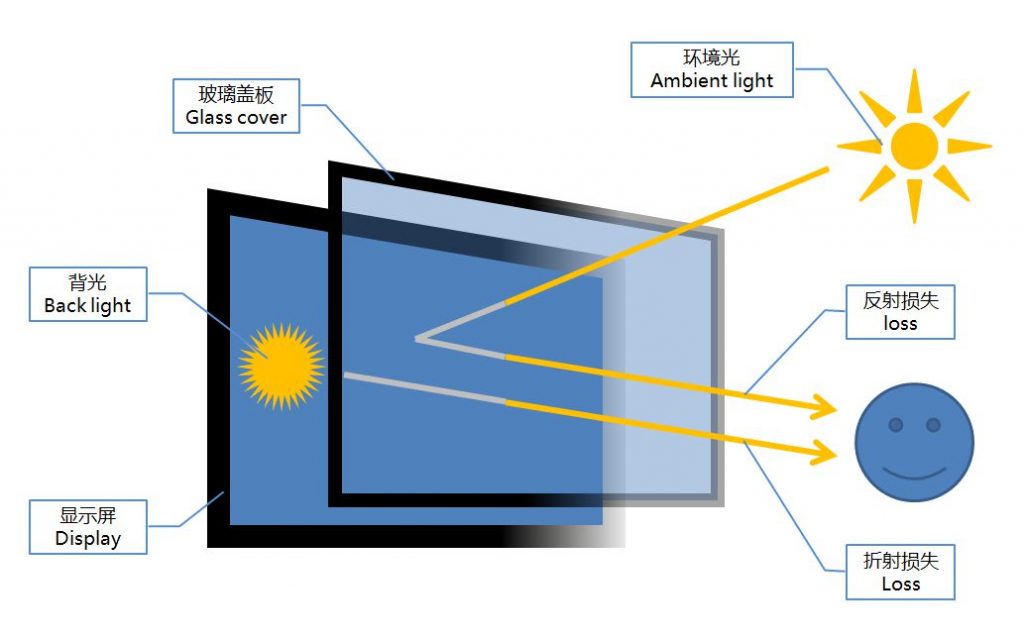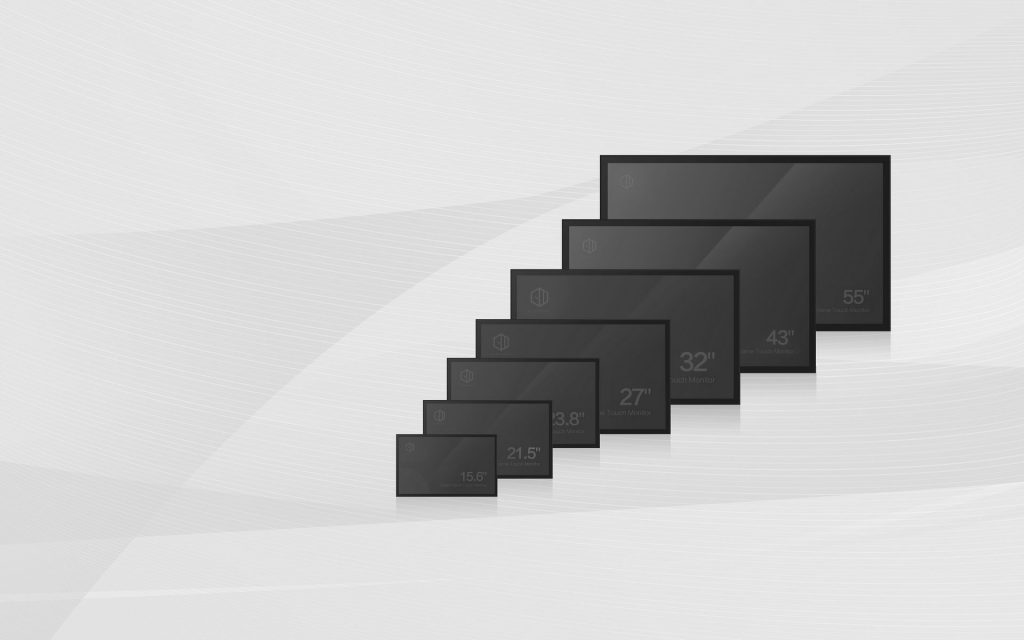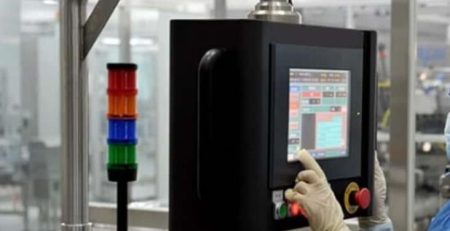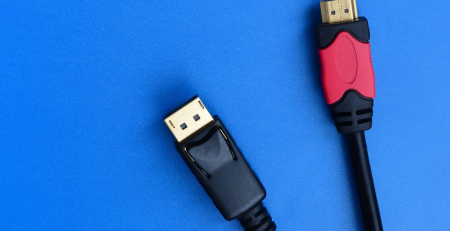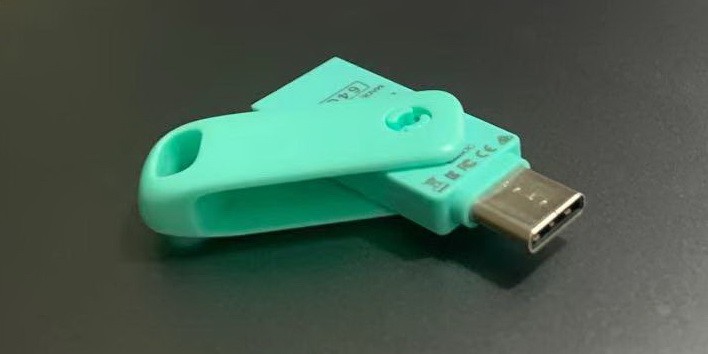
Perhaps the most well-known and recognized PC connectivity standard on modern hardware is the Universal Serial Bus (USB). The introduction of USB Type-C has made the rectangular port and the corresponding data transfer standard less common. The Type-C connector, which is smaller and reversible, will be the preferred port for industrial and commercial computers. It makes the dream of a universal connectivity standard at least partially a reality. However, there is a lot of confusion about USB Type-C and USB 3.1/3.2 standards, just like any technological revolution. So what is USB Type-C, and what does it mean for us?
USB Type-C: What Is It?
Type-C refers to the physical form of the latest USB connector. The USB Type-C connector should not be confused with the USB 3.0 or USB 3.2 standards.

The most well-known and widely used USB connector is the USB Type-A. It is used on the majority of computers and peripherals as well as many other devices (including those that use its Mini-A or Micro-A variants). The standard USB Type-A connectors gained popularity in the mid-90s. Unfortunately, they are rectangular with a distinct top and bottom. This makes it difficult to plug in properly, which is a much-discussed design flaw.
Related: Numerous varieties of monitor ports
Although the USB Type-B connectors are less common, they are electrically identical to USB Type-A connectors. Although they are most commonly used for printers, the USB Type-B connectors can also be found on certain monitors and USB hubs. Like their Type-A counterparts, the Mini-B or Micro-B connectors can be found on many electronics, including tablets, handheld GPS devices, and cell phones.
The USB Type-C connector has a smaller, oval, and symmetrically shaped shape. It is also reversible. This eliminates one of the biggest complaints about USB Type-A. In addition, the USB Type-C connector is designed to replace the existing USB forms and offer a future-proof, fully-featured option that hardware designers can standardize on. While USB Type-C ports have become more popular on smartphones and other consumer hardware, the industrial PC market (IPC) is only beginning to experiment with incorporating USB Type-C connections in the latest commercial devices.
Dissection of the USB Data Transfer Rates
It is important to distinguish between the USB port type factor (like Type A or Type C) and the data transfer rates, power delivery, and data transfer available over that port. Instead of using a numerical value like USB 2.0, the standards that govern the performance of USB are expressed in numbers. 3.1 or 3.2.
For comparison, the USB 1.0 specification, which was introduced in 1996, had a maximum data transfer speed of 12 Megabits per sec (Mbps). USB 2.0 can transfer data at speeds of up to 480Mbps. USB 3.0, USB 3.1, or 3.2 can be a bit more confusing. Let’s take a look at it.
- USB 3.2 Gen 1 was previously known as USB 3.0. It has a transfer speed of SuperSpeed 5 Gbps. This is approximately 10 times faster than USB 2.0.
- USB 3.2 Gen 2 was previously known as USB 3.1 and was released in July 2013. It has a SuperSpeed 10 Gbps speed, twice the speed of USB 3.2 Gen 1 (the existing USB-A connectors)
- USB 3.2 Gen 2×2, which was released in September 2017, is only available for USB-C connectors with the two-lane operation. It offers SuperSpeed 20 Gbps.
The USB Implementers Forum (USB-IF), which oversees the development of USB standards, encourages everyone to use the more human-friendly terms USB 2.0. Version 3 is USB SuperSpeed 5Gbps and USB SuperSpeed 10Gbps. Notably, many USB 3.0 products and USB 3.1 products were available when these new versions were announced. It is possible to assume that data transfer speeds of up to 5 Gbps will be achieved by a port labeled USB 3.0.
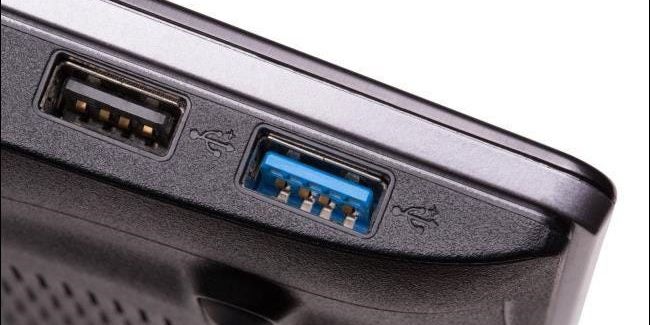
When connecting devices via USB 2.0, transfer speed differences are important to know. Because of the huge jump in speed between USB 2.0 (480Mbit/s) & USB 3.2 Gen 1 (5Gbps), many manufacturers currently distinguish Type A USB 3.2 Gen 1 ports with blue inserts. This is especially true when the inserts appear on the same device that USB 2.0 ports. The USB SuperSpeed logo is another option. Finally, the “SS” abbreviation can be used to identify USB 3.2 ports. This is especially true if all USB ports on a device are USB 3.2 (as with the CL100).
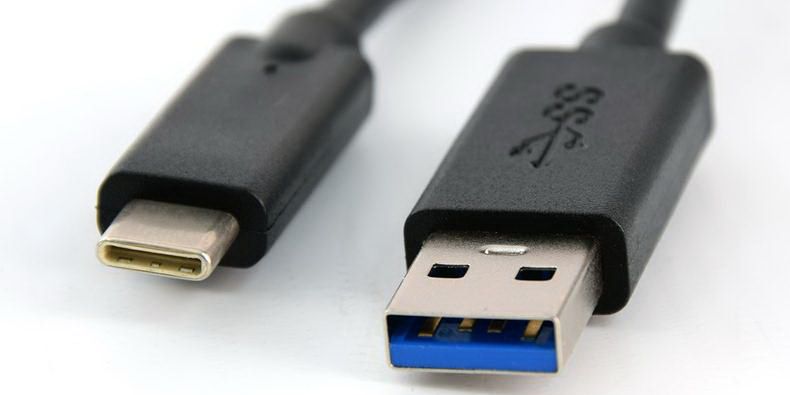
However, it should be noted that although the data transfer speeds of USB 3.2 Gen 2×2 and Gen 2×2 seem impressive, many devices aren’t yet capable of reading or writing at these speeds. Therefore, actual speeds will depend on the host and destination devices as well as the USB cable being used (more details later).
The power capabilities of USB 3.2
The USB standard was originally designed to power peripherals. As the technology matures, the USB’s charging and power capabilities have improved. Both USB 3.2 Gen 1 & Gen 2 support the USB Power Delivery Specification. Gen 2 can deliver up to 20 volts at 5 amps, and Gen 2 can provide 100 watts through hardware supported. This is a significant improvement over the USB 2.0 standard, only providing 2.5 watts of power.
Although USB Type-C, USB 3.1, or USB 3.2 are often referred to interchangeably, they are not the same thing. USB Type-A and USB Type C connectors can be used to make USB 3.2 Gen 1 or Gen 2 connections. USB C is also used for the USB 3.2 Gen 2×2 connection. We expect IPC systems to continue to support both USB Type-A and USB Type C connectors for the foreseeable future. They will also be able to handle multiple data transfer speeds as well as power handling. To avoid confusion, it is up to manufacturers to properly label USB ports moving forward. So expect to see more SuperSpeed symbols and logos on future devices.
Cable Compatibility & Capabilities
The USB cable is another variable that you need to consider when maximizing USB 3.1/3.2 power output and transfer rates. The USB cable is a key component of data transfer. It must be compatible with the transfer speed, which includes the source (your computer), destination device (a hard disk or other systems), and the source (your laptop). Cables that can transfer data at speeds up to 10 Gbit/s (USB 3.2 Gen 2) are made with 15-18 wires. USB 2.0 cables, on the other side, only contain 5 to 6 wires.
These cables have additional features, such as ultra-fast data transfer and a dramatic increase in power output. In addition, DisplayPort capability can be added to USB 3.1 cables, provided that the cable and hardware are compatible. This makes 4k video output, data transmission, and power output possible with a single cable. These new capabilities mean that the majority of connections will soon require significantly fewer cords.
Conclusion: What you need to know about USB Type-C, USB 3.1, and USB 3.2
Although the launch of USB Type-C and the subsequent releases of USB 3.1 Gen 2 & USB 3.2 have many exciting options for today’s computing devices, they also create a lot of confusion. These are the main takeaways.
- USB Type-C IS NOT the same as USB 3.2.
- Type-C is the only description of the physical connector.
- USB 3.2 only describes the actual capabilities.
- A Type-C connector doesn’t automatically mean that a USB port supports USB 3.2 Gen 2 and USB 3.2 Generation 2×2 data transfer speeds (10 Gbps, 20 Gbps).
- Ports that allow data transfers of up to 5 Gbps (USB3.2 Gen 1) or 10Gbps (USB3.2 Gen 2)
- Compatible cables and hardware are necessary to maximize data transfer speeds and power output and other features, such as 4k video.
- USB 3.2 is fully compatible with older versions. On the other hand, USB Type-C isn’t strictly compatible with older versions due to its new port form factor. However, adapters are easily available.
This is all confusing, and we get it! However, you can reach one of our Solution Specialists if you have any questions or would like to talk to them about a project involving any of these USB standards.
Golden Margins -
Entire Range of Touchscreen Products
We hope you found these touchscreen or panel PCs fundamentals informative. Goldenmargins offers a broad selection of Industrial Touchscreen Monitors and Touch Panel PCs in various sizes and configurations, including medical touch screens, sunlight-readable touch screens, open-frame touch screens, and waterproof touch panels, as well as other unique touch screen or panel PC designs. You can learn more about our services HERE or by calling us at +86 755 23191996.



